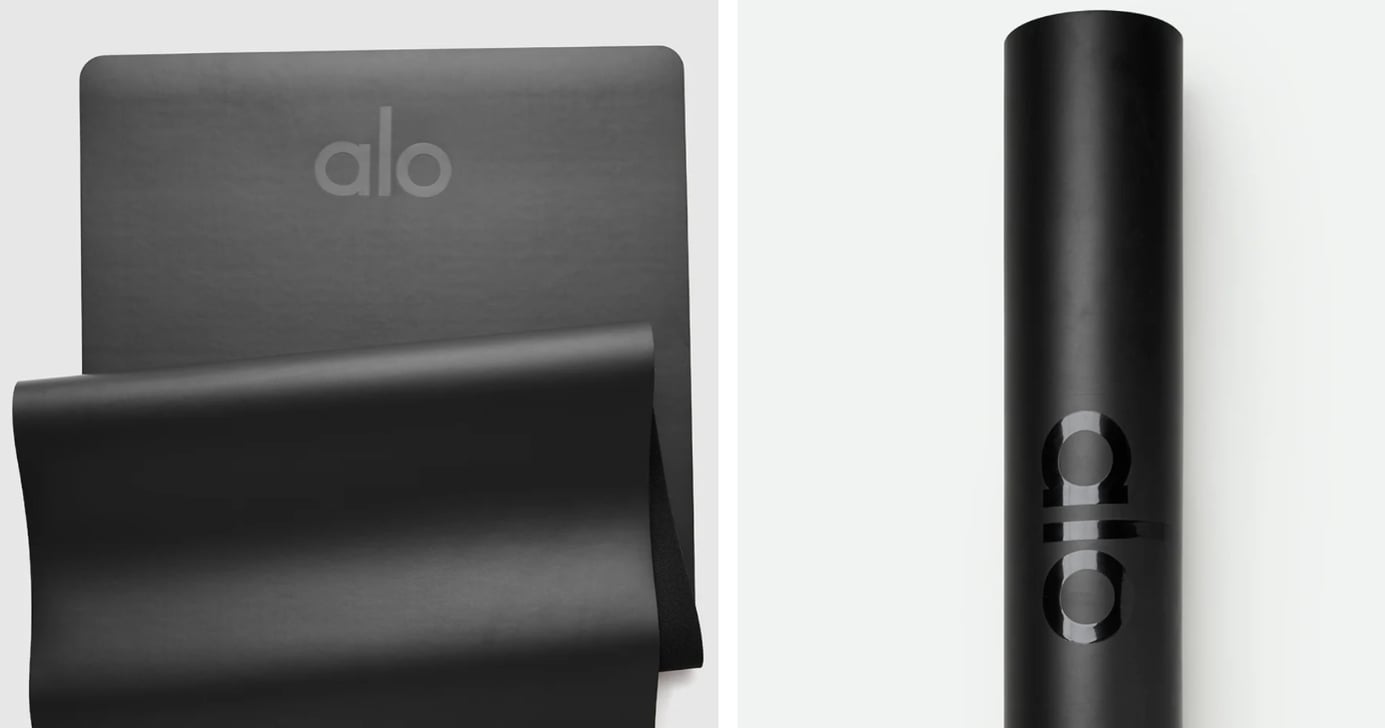When it comes to investing and launching initiatives in AI, the retail industry is ahead of the curve, according to the second annual Generative AI Global Benchmark Study conducted by Lucidworks.
The research is based on a survey of more than 2,500 business leaders across major industries. The study aimed to determine companies’ progress in deploying generative AI. The results were a little disappointing.
“Despite the initial hype, slow deployment and low success rates are commonplace across most industries, with only 25 percent of planned projects fully implemented,” the report’s authors said.
For retail, though, the industry leads others “in deployment in revenue and growth initiatives and is second in total AI deployments across all industries,” the report stated. “Retailers are also seeing strong financial benefits from AI, with nearly half already reporting increased revenue and cost savings as a result of their initiatives.”
You May Also Like
The results are surprising given that pre-pandemic, the retail industry tended to be behind others in investing in new technologies — such as predictive analytics and machine learning.
“In 2023, nearly 50 percent of retailers had a positive view of AI, one of the highest percentages across the industries surveyed. That initial wave of enthusiasm translated into one of the most successful deployment rates in 2024,” said Mike Sinoway, chief executive officer of Lucidworks.
Sinoway said retailers are “constantly under pressure to innovate and adopt new technologies to enhance customer experiences, often setting the pace for other industries. The key for retailers moving forward is to strike the right balance between reaping the rewards of AI, managing costs and mitigating potential risks.”
Deployment of generative AI also comes with a unique set of concerns. The report found that concerns around AI “spiked across all industries in 2024, including three times as many security concerns, five times as many accuracy concerns, and four times as many transparency concerns.” The researchers found that the largest spike was around the cost of implementation — jumping from 3 percent in 2023 to 43 percent this year.
“Retailers are particularly concerned about costs (63 percent), but they are still rapidly adopting AI and experiencing fewer delays than other industries,” the report stated.
Other findings from the survey include a global investment slowdown. “Global AI spending plans are down sharply, with only 63 percent planning increases (versus 93 percent last year),” the report’s authors said, adding that U.S.-based businesses “remain above average with 69 percent planning to increase AI spend.”
The investment slowdown is also coupled with delayed deployment and low success rates in this year’s report. Lucidworks found that 25 percent of planned projects are fully implemented. “This lag is stalling anticipated ROI, with 42 percent of companies yet to see significant benefits from generative AI initiatives,” the report said.
The survey showed that across all organizations, 36 percent of decision-makers polled said they plan to keep spending flat, which compares to only 6 percent in the 2023 survey. In China, the poll revealed that only 49 percent of executives said they plan to increase AI spending in 2024, which compares to 100 percent last year.
For more WWD business news and insights, see:



